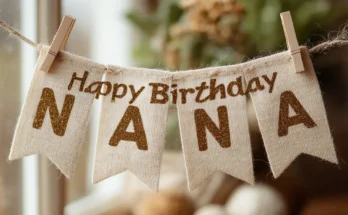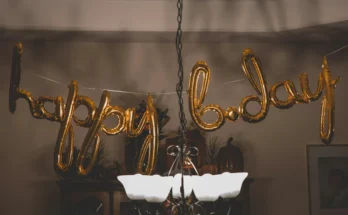I never imagined my legacy would end with a conversation over coffee. It was a quiet Sunday morning when my daughter, Elise, told me she didn’t want children. She said it gently, almost apologetically, as if she knew the weight her words would carry. I nodded, smiled, and said I understood. But inside, something shifted—something deep and ancestral. It wasn’t disappointment. It was grief. Not for the grandchildren I’d never meet, but for the story that would never be told again.
Our family line stretches back centuries. Farmers, teachers, soldiers, poets. We’ve endured wars, migrations, betrayals, and triumphs. I’ve spent my life preserving that history—archiving letters, restoring photographs, tracing our roots. Elise was supposed to carry it forward. She was the last branch on a tree that had weathered every storm. And now, she was pruning it with intention.
I tried to rationalize it. The world is hard. Climate change, economic instability, rising loneliness. I understood her reasons. But understanding didn’t soften the ache. It only made it sharper. She wasn’t rejecting motherhood. She was rejecting continuity. She was choosing to be the period at the end of a long, winding sentence.
Weeks passed. I didn’t bring it up again. But I began to see her differently. Not as my daughter, but as a stranger who had inherited everything and planned to pass nothing on. She wore the heirloom necklace from my grandmother. She lived in the house I built with my own hands. She quoted my father’s sayings as if they were her own. But she had no intention of passing any of it forward. She was a vessel with a sealed lid.
That’s when I made my decision.
I rewrote my will.
Elise would receive nothing.
Not out of spite. Not out of anger. But out of principle. If she had chosen to end our line, then I would end the inheritance. The land would go to a historical trust. The house would become a writer’s retreat. The money would fund scholarships for students studying genealogy and cultural preservation. My legacy would live on—not through blood, but through purpose.
When I told her, she was silent. Then she laughed. Not cruelly, but incredulously.
“You’re punishing me for a personal choice?”
“No,” I said. “I’m honoring mine.”
We argued. She cried. I cried. But I didn’t change my mind.
I told her that inheritance isn’t just money. It’s memory. It’s responsibility. It’s the quiet agreement between generations that we will carry each other forward. She had broken that agreement. And I couldn’t pretend otherwise.
In the months that followed, our relationship frayed. She stopped visiting. I stopped calling. But I kept writing—letters she may never read, stories she may never tell. I wrote about her birth, her first steps, her teenage rebellion, her brilliance, her kindness. I wrote about the love I still felt, even as I mourned the future we wouldn’t share.
And then, one day, she came back.
Not to reconcile. Not to argue. But to listen.
She sat beside me as I read her the story of our family. She asked questions. She cried. She said she still didn’t want children—but she wanted to find another way to honor our past. She offered to help digitize the archives. She volunteered at the local museum. She started a podcast about forgotten family histories.
I didn’t change my will. But I changed my heart.
Legacy, I realized, isn’t always linear. Sometimes it’s lateral. Sometimes it’s spiritual. Sometimes it’s a daughter who chooses not to give birth—but still chooses to give meaning.
And that, I think, is enough.


